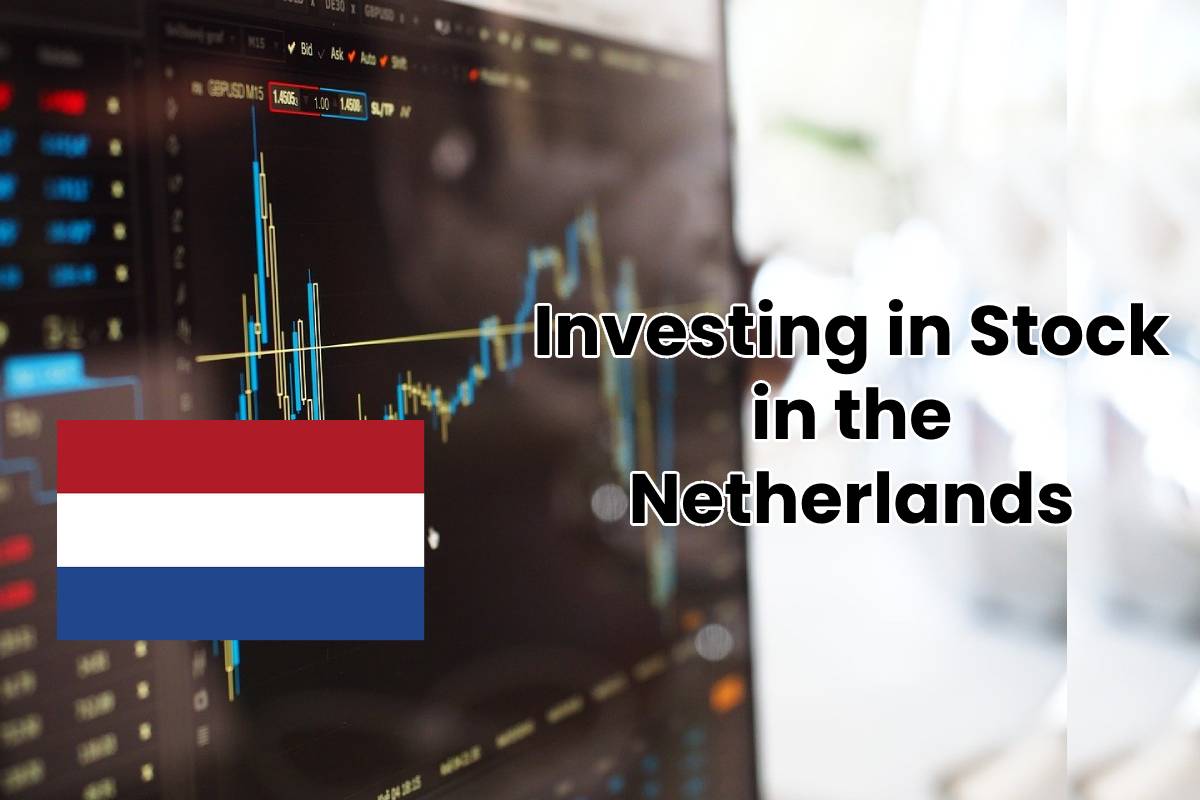The Netherlands is an investment-friendly nation, and numerous major corporations from different parts of the world have their headquarters established here. It also has the most competitive economy in Europe, a highly skilled and educated workforce, and one of the most lucrative locations for business worldwide.
Furthermore, the Amsterdam Stock Exchange (ASE) is one of the oldest stock exchange markets in the world. Other markets regulated by Euronext besides the Netherlands are Belgium, France, Italy, Ireland, Portugal, and Norway. Sixteen other countries across the world benefit from Euronext unregulated activities.
If you want to invest in stocks in the Netherlands, there are several ways to do it.
Table of Contents
How to Invest in Stocks in the Netherlands
The easiest way to buy stocks in the Netherlands is through ETFs (Exchange-Traded Fund). Many investors benefit from the rapidly growing ETF because it provides low-cost access to a variety of markets. ETFs track is as low as one index on the Dutch Stock Exchange.
Investors interested in purchasing Dutch stock shares may do so directly or via a profit-sharing scheme. They can acquire a stake in the business or as part of a much bigger stock investing strategy involving multiple Dutch companies.
Alternatively, if you are a trader intending to invest in stocks, you need to open a trading account. In most cases, your financial institution will present you with three multiple choices. If you are familiar with the process of investing, you can direct the bank to purchase stocks and shares on your behalf.
Furthermore, you can seek guidance from the financial institution before committing to a purchase, or you can delegate decision-making authority to the bank so that it makes investment decisions on your behalf.
Based on how much risk you are willing to accept on your original investment, your bank will present you with a selection of different types of managed funds. The higher-risk funds, of course, have the potential to generate greater profits, but they often necessitate a longer-term investment commitment.
The Dutch stock exchanges and some global markets are available for direct purchasing through your bank, based on the institution. The bank’s in-house money managers take total control of managed funds. In exchange for managing your investment account, the bank will charge you a fee.
Another popular option for purchasing stocks in the Netherlands is directly from the issuance company. Giant multinational corporations are the most popular go-to places for stock investment, with the vast majority of them offering direct stock purchase plans. The advantage of this technique is the charges are minimal as all you pay for is a small amount.
The stock purchase procedure benefits both parties: the investor optimizes his profits, while the corporation can acquire new capital at a reasonable cost. Corporations that permit direct stock investments make the information publicly available.
If you are a new investor in the country and do not know the corporations to buy from, many agents help you with details on Dutch firms that provide public shares and Euronext Amsterdam listings.
Additionally, traders in the Netherlands can buy stocks through brokers or dividend reinvestment programs. Corporations occasionally employ a dividend reinvestment plan, enabling businesses to reinvest in the same company by purchasing new shares.
A brokerage account is another way to purchase stocks in a Dutch firm. Using a brokerage firm is an appropriate strategy, especially for investors who wish to manage their Dutch equity assets professionally. Additional account management will be more expensive than alternative solutions.
Wrapping up
Even though the Netherlands is small with slightly over 17 million occupants, innovation and its well-connected location are some of the factors that make it attractive for business.
The same factors that make the Netherlands attractive for large-scale business ventures also benefit traders looking to establish a Dutch firm and eventually sell stock to overseas investors.



